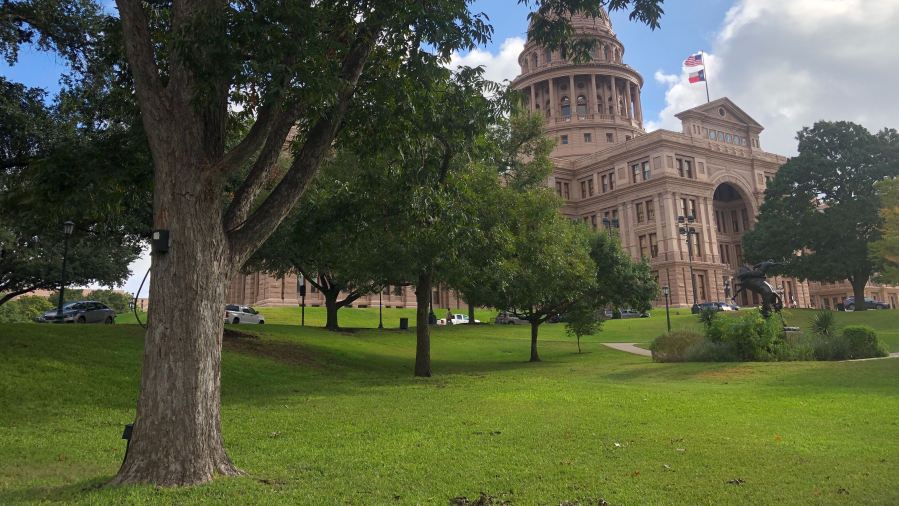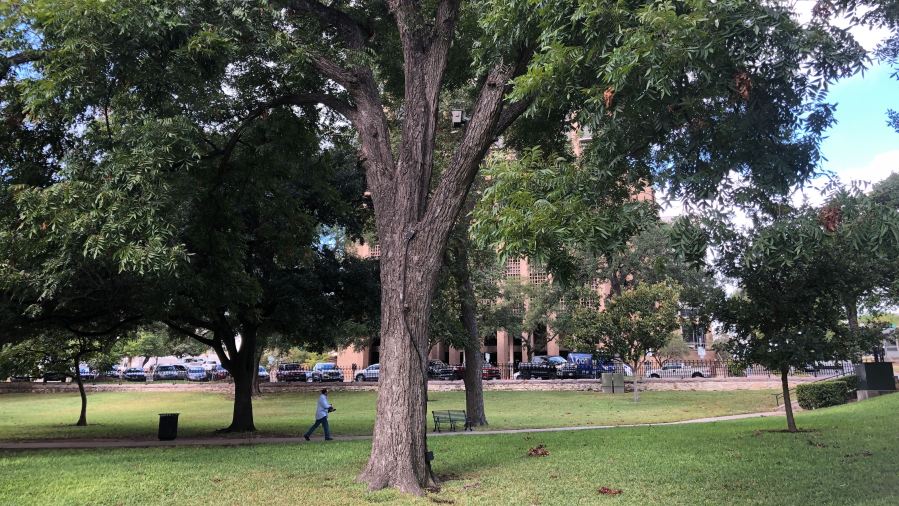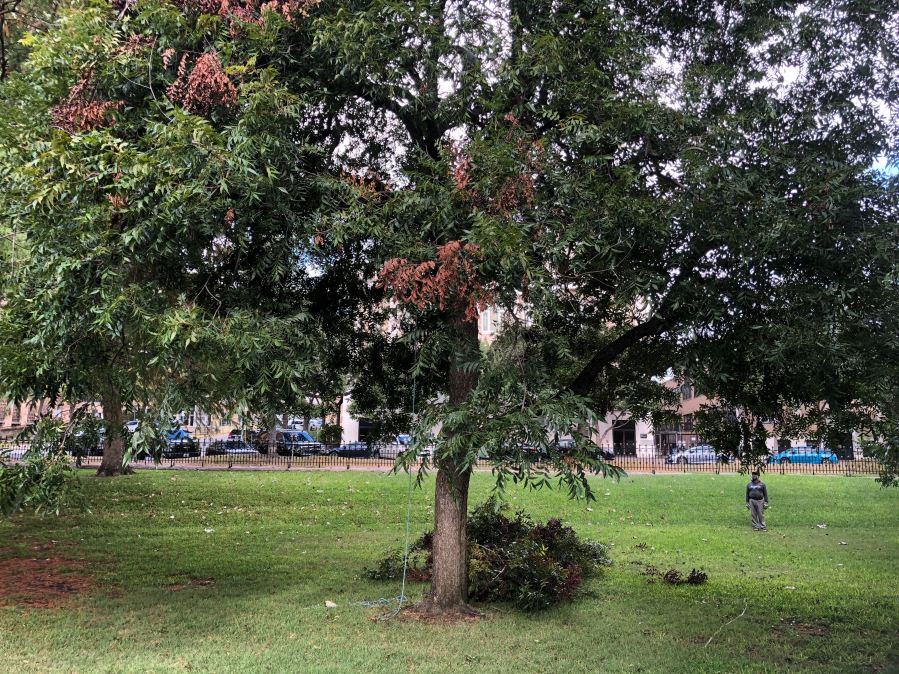AUSTIN (KXAN) — It’s pronounced “puh·kaan.” That’s what Texans will tell you. And that’s what each speaker told KXAN on the south steps of the Capitol Tuesday morning.
But a new Texas consumer survey has some controversial results. According to the release, the majority of young Americans pronounce it “pee·can.”
Those results certainly got Texas growers going outside the Capitol.
Larry Womack, president of the Texas Pecan Board said “We say ‘puh-kaans’ (laughs). We got into this discussion last week in D.C. We were on some industry business and some of my brethren from Georgia were there. Well, in Georgia they call them ‘pee·cans.’ In the state of Texas, we all grew up, pee cans is what your grandma put under her bed at night. So, it’s ‘puh·kaans’ not ‘pee·cans.’”
Womack’s family started in the pecan nursery business in 1937 out of De Leon, Texas between Forth Worth and Abilene.
It’s a long tradition in Texas
– Larry Womack, third generation grower
Pecans have a long and storied history in Texas. They’re the only nut native to the state. Leaf fossils from the tree were collected along the Rio Grande dating back to 6100 B.C., per the Texas Pecan Board press release.
The nut’s history shows in Texas families and growers.
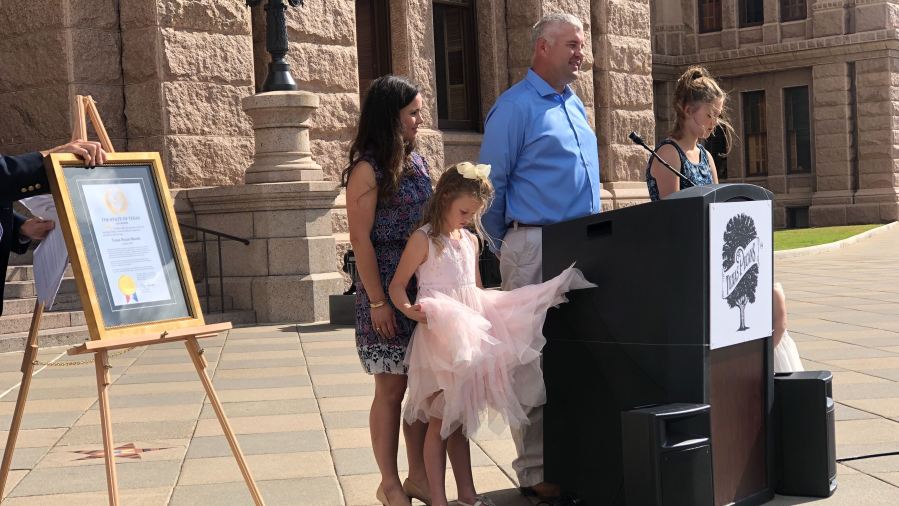
Winston Millican is one of them. He is a fifth-generation grower and the owner of Millican Pecan Company out of San Saba, which dubs itself “The Pecan Capital of the World.” His family has been growing pecans since the 1800s. Their farm established in 1888 — that’s older than the date the Texas Legislature designated the pecan tree as the official state tree in 1919.
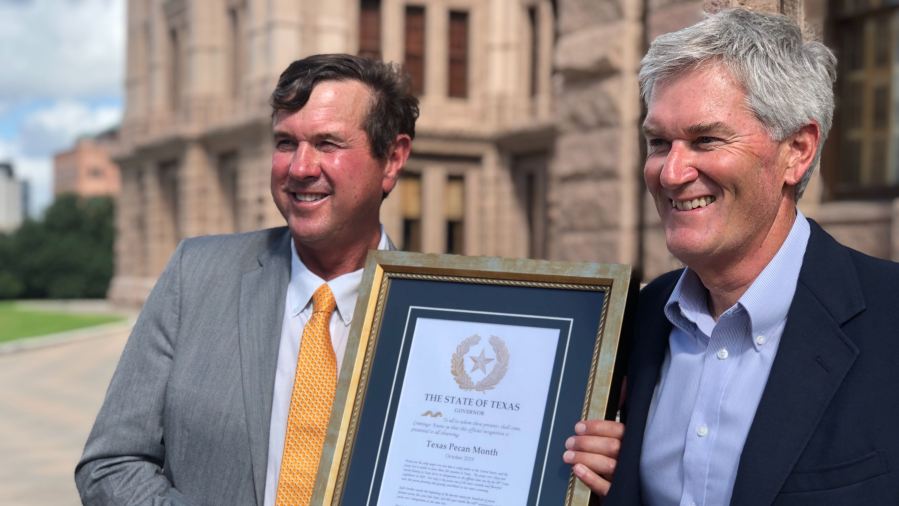
And that’s part of why Millican and others spoke at the Capitol. Texas First Lady Cecilia Abbott wrote in a gubernatorial proclamation given to the Texas Pecan Board that October is officially Texas Pecan Month.
They mean that much to Texans and it shows. Take a walk around your property and you may have a pecan tree. The Capitol has many on its lawns.
The size of the nut and shape of the tree is telling. They thrive in Texas because of the weather. But sometimes the weather isn’t always forgiving for growers. Droughts can affect the crop greatly. Millican saw a 25% decrease during the 2011 drought.
“Pecans are very sustainable right now. We’ve had about 10 to 15 years of good years. Good production. The droughts have hurt us, but we always look forward to the future,” Millican said.
Other factors are at play, too.
“Trump’s tariffs have caused us a little bit of issues,” Millican said, but he believes “we think it’s a short term loss for a long term benefit.”
Millican said “Our price is down a little bit on the farm from what it has been in the past, but we look for that to rebound with new markets being opened like Japan just last week. And hopefully, we’ll get India on board soon too.”
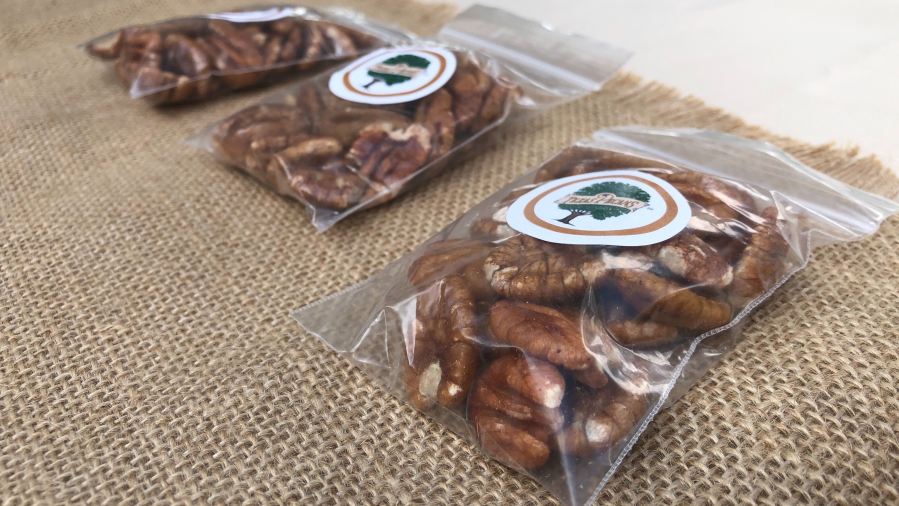
Growers are still benefiting but consumers may pay more.
“The economic impact is probably somewhere around $50-60 million, as far as growers,” Womack said “… Consumers, yes, y’all will pay more, but it’s worth it.”
They are certainly worth it considering your health.
Millican said “People don’t realize the health benefits of pecans … They have the good kind of fat that you want in a nut … and give you a lot of protein as well.”
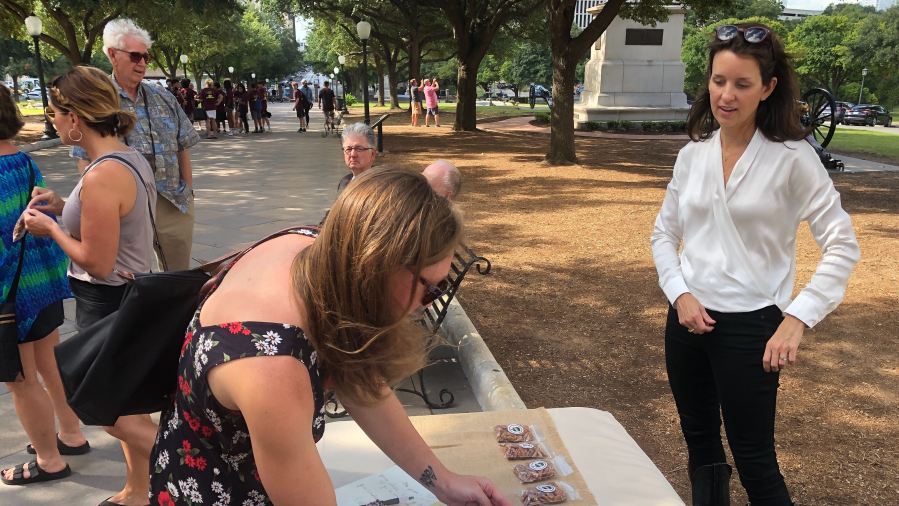
“We ship a lot of pecans into China. They look at it as a very good brain food. They think the pecan resembles your brain,” Womack said.
Some food for thought as you celebrate October, Texas Pecan Month.
Pecans “make us swell with pride,” Millican said.
